Featured speaker: Mykola Makowsky
The climate crisis is here, and there is no easy answer for how to solve it. It is clear that humans need to rapidly reduce our emissions ... but how? When making international agreements, should we be aiming for fairness (everyone doing an equal part) or efficiency (solving the problem more quickly)? Does approaching the problem as nations even make sense, when carbon knows no boundaries?
Our October speaker will provide a framework for thinking about these issues, including challenging some of our assumptions about what really contributes to climate change. What are some of the hidden worst offenders? What are the “easy wins” that can be achieved in the near future? And what is actually within the control of individuals, as consumers, voters, and advocates?
Mykola is a Professional Engineer who has spent his career working in and disrupting the oil and gas industry. He is currently leading commercialization of a technology to clean up marine fuel and concurrently exploring “beyond oil” clean technologies in energy storage and clean chemicals. With experience from the R&D to roll-out stage, he understands the challenges that must be overcome to commercialize new technologies.
Related readings and resources




This salon took place on October 20, 2019.




